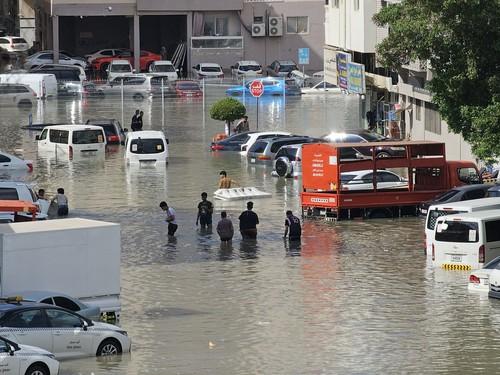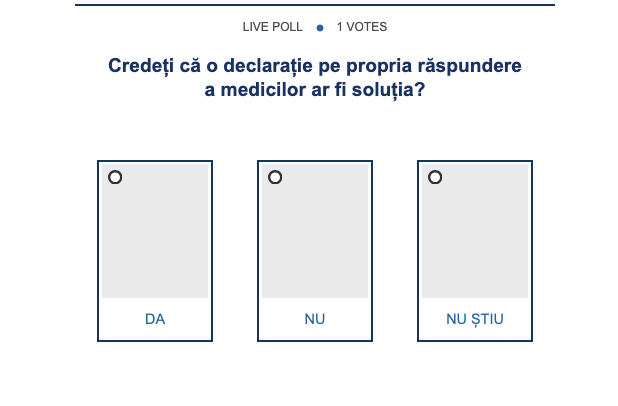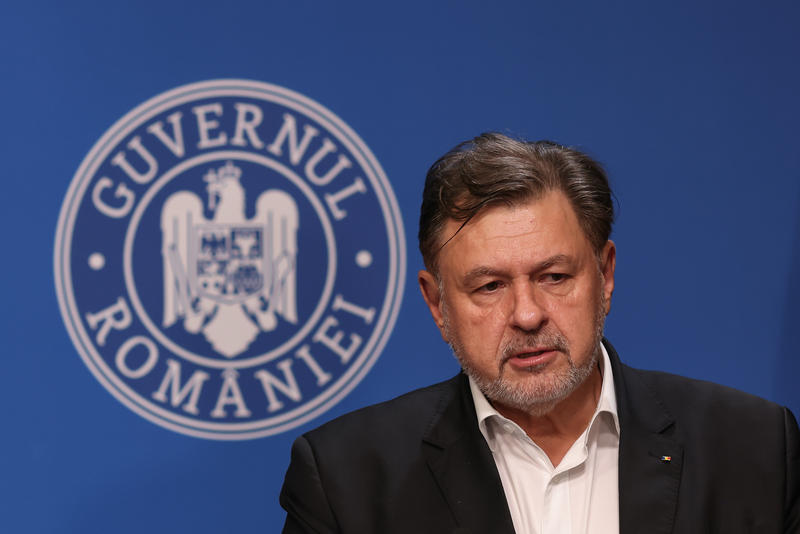PNL leader Crin Antonescu refuses to be part of a "puppet Government", but would accept the PM role. Elsewhere in the news, Romania confronts the US in the fight for Kosovo, in Serbia’s favour. Last but not least, Temporary Boc Cabinet signed Romania's agreement to take part in the Nabucco international project.
PNL leader Crin Antonescu refuses to be part of a "puppet Government", but, paradoxically, he would accept the Prime-Minister role, Gandul reads. After long hours of debate, Antonescu underlined that the only options PNL was considering joining the governance were a parliamentary majority or if PNL designated the PM. But he refused to work with "political leaders who understood to use dictatorship according to their own will".
During the liberal Central Permanent Office meeting, Antonescu suggested that liberals were putting their trust in the Constitutional Court taking a decision that might change the results of the elections in Mircea Geoana's favour. Presidential councillor Sebastian Lazaroiu declared that Traian Basescu had called ex-liberal leader Calin Popescu-Tariceanu to invite PNL to govern because Tariceanu was an "influent PNL leader" and because the ties with Crin Antonescu were broken due to his attitude against Basescu, even after the vote count indicated that he won.
The presidential councillor said Antonescu's claiming everything before sitting at the negotiations' table shows "lack of common sense" and says that the Government needs to be formed around PD-L, since no party holding the largest number of mandates would accept a PM from a party counting less mandates.
Romania confronts the US in the fight for Kosovo, Cotidianul reads. Romanian state secretary Bogdan Aurescu, who successfully represented Romania in Hague against Ukraine in the case of setting the border of the continental platform in the Black Sea, will hold a speech on Thursday at the International Court of Justice (ICJ) in Serbia's favour regarding the legitimacy of the region's independence. The Court's verdict will have a consultative nature, but it could stop the process of recognising Kosovo as a state.
ICJ was notified by the UN General Assembly. Romania, Spain, Greece, Slovakia and Cypress are the only EU members which did not recognise Kosovo's independence proclaimed in February 17, 2008. Up until now, 63 states, including the US, recognised Kosovo's independence. The Romanian Foreign Affairs Ministry claims that the unilateral independence declaration doesn't respect international law principles, Romanian press agency NewsIn quotes.
According to the Serbian Foreign Affairs minister Vuk Jeremici, the goal is not to void the independence, but to stop other states from accepting the decision and to re-start international negotiations regarding Kosovo's independence. According to him, if the ICJ acknowledged the modification of borders in case if a peaceful state, everything would be possible. Romania shares the same opinion with Russia and China, the two UN Security Council members opposing Kosovo's independence.
One year after proclaiming independence, Kosovo remains a territory with a high crime rate, dependent on international aid. The region has the biggest chrome reserves in Europe and significant copper and nickel reserves. Authorities sell exploitation rights to states supporting Kosovars.
Temporary Boc Cabinet signed Romania's agreement to take part in the Nabucco international project on November 9, Romania Libera informs. Transgaz, the company representing Romania, needs to pay up 1.35 billion euros, a sum which the Romanian authorities are to recover over 25 years. The gas pipe is to reduce Europe's dependence on Russian gas. The project was sent to the Parliament for urgent debate. The temporary Cabinet can initiate law drafts for international treaties since the Parliament modified the law regarding the Government's set up and functioning.
Nabucco is currently estimated to cost 8.1 billion euros. The Romanian Government will issue governmental guarantees to cover both for Transgaz borrowing the money after the Nabucco International Company is set up - about 933 million euros - but also for the personal capital due - around 417 million euros. This means that Transgaz will resort to credits to finance Nabucco and the government's guarantees can get them cheaper. But the loans will be listed with the public debt because the state might need to pay them up should Transgaz fail to do so on its own.




















